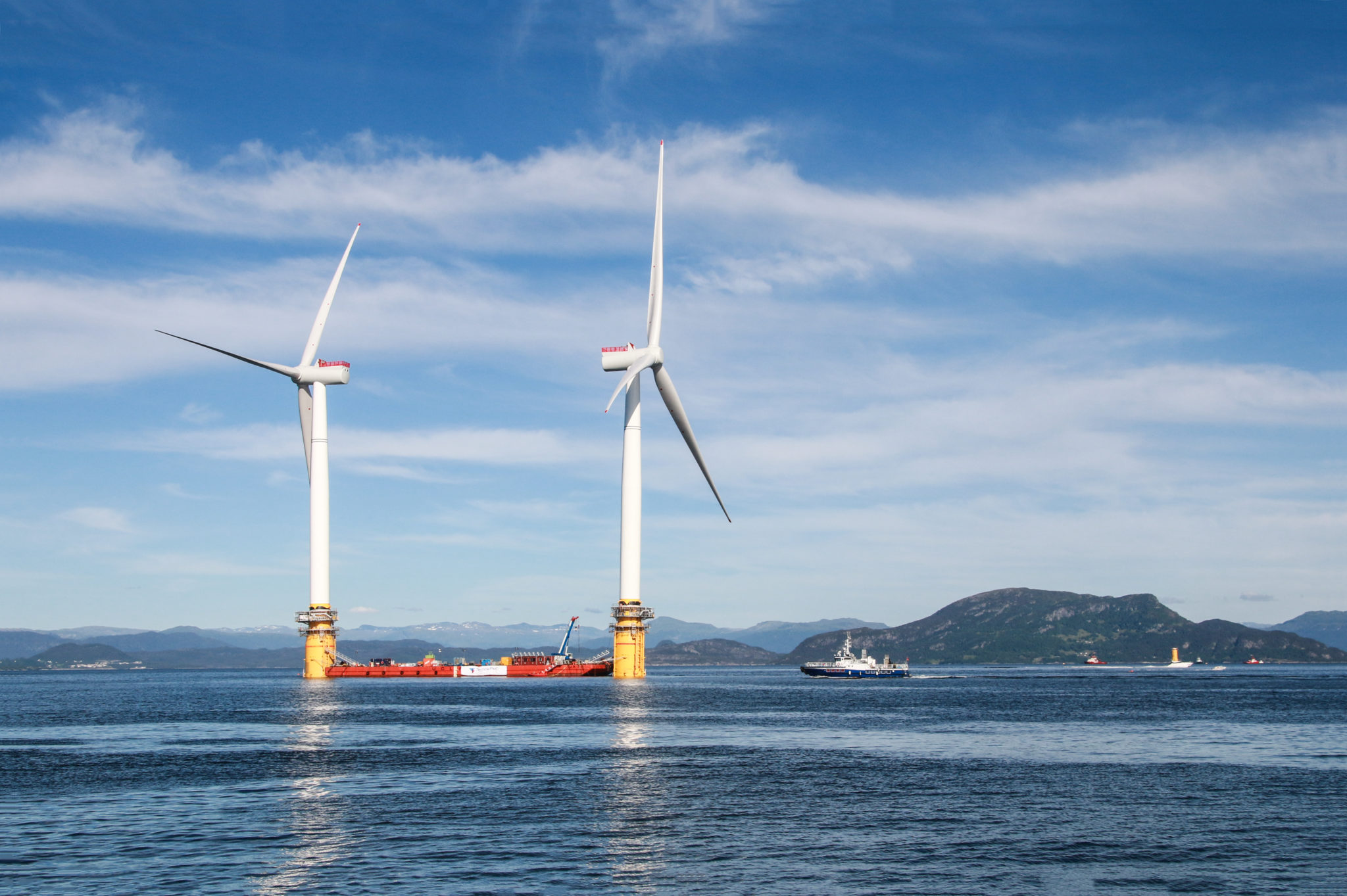COP26: the start of week two and a focus on nature and land use
Published on 8th November 2021
Welcome to the second week of daily COP26 updates: a digest of what is on the agenda each day, and a review of the previous day's events.

Review of Friday and Saturday's events
Friday at COP26 was Youth and Public Empowerment Day, where youth representatives, business leaders and government representatives discussed youth priorities and the importance of educating the public in the context of climate change. Highlights included:
- YOUNGO (the Children's and Youth constituency of the UN Framework Convention on Climate Change – UNFCCC) presented the UN Climate Change Conference of Youth (COY16) Global Youth Position statement to delegates on Friday. The statement represented the views of over 40,000 young climate leaders, and expressed priorities including action on climate finance, decarbonised transportation systems, and sustainable resource management. YOUNGO Global Focal Points, Heeta Lakhani and Marie-Claire Graf, reflected that the statement "[brings] together four generations to share best practice examples of achieving climate justice collectively".
- As part of the day, 23 countries put forward national climate education pledges. Among these, the UK announced its draft Sustainability and Climate Change strategy to equip young people with the skills to pursue future action on climate change. This will include the introduction of a Primary Science Model Curriculum, which will include education about natural identification and developing conservation skills.
Across Friday and Saturday, events focussed on nature and land use also took place. These brought together delegates to discuss the transition towards the more sustainable management of land and ocean resources, the restoration of the natural world, and reforming the global agriculture system. Highlights included:
- In response to Friday's roundtable on blue finance event (highlighted in our Friday update), the UK announced a £6 million investment in the World Bank's PROBLUE initiative, which supports the development of the blue economy and its importance in driving the growth of small island developing states and the least developed coastal countries.
- On Saturday, the UNFCCC announced a new Policy Action Agenda which 45 nations have signed for the purpose of helping policymakers to deliver a low carbon food system, which supports farmers while being resource efficient and less wasteful. In parallel with the agenda, Brazil announced plans to scale its low carbon programme to 72 million hectares, which it claims could mitigate one billion tonnes of emissions by 2030. Similarly, Germany confirmed that it will be drawing up plans to reduce land use emissions by 25 million tonnes by 2030.
- Further to the announcement of the Forest, Agriculture & Commodity Trade (FACT) Roadmap at the World Leaders' Summit last week, the UK government has confirmed a commitment of £500 million to support the FACT Roadmap, which represents 28 countries collaborating to protect global forestry resources while promoting a sustainable system for trading agricultural commodities.
On the agenda today
As the second week of COP26 begins, today's agenda focuses on adaptation, loss and damage. Throughout the day delegates will be discussing the importance of adapting the world's economies and societies to ensure they are resilient to the increasingly significant effects of climate change, and how developed nations can assist the vulnerable communities that are disproportionately being affected. Key events include:
- COP26 Ministerial Dialogue on Adaptation Action – This event will bring together government ministers and national leaders to discuss commitments on building a more climate-resilient future and how national representatives intend to contribute to it.
- Hearing from the Front Line – This event will provide a platform for the most vulnerable communities to have a voice in climate change discussions. Representatives from indigenous and marginalised communities will recount their experiences and how they believe national governments and the international community can assist with locally-led adaptation actions.
- First Ministerial Dialogue on Climate Finance under the Paris Agreement – This event will provide the first high level ministerial dialogue on climate finance as required under the Paris Agreement. Attendees will be considering the progress made against the climate finance commitments under the Paris Agreement, and how the scale, effectiveness and mobilisation of climate finance can be improved going forward from COP26.




